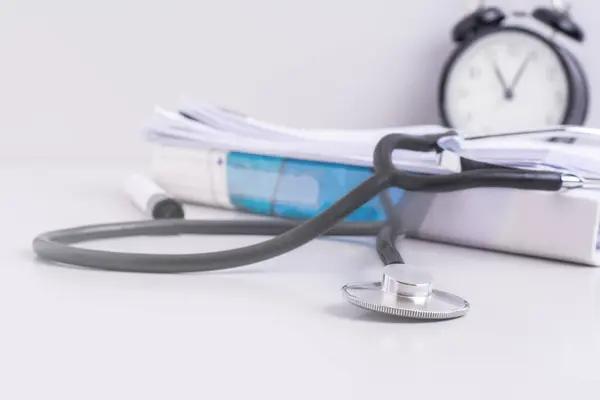Diabetes is a chronic disease characterized by an inability of the body to regulate blood sugar levels, leading to high glucose levels in the blood. It affects millions of people worldwide and can lead to serious health complications if left untreated. Recognizing early symptoms of diabetes can be crucial for timely intervention and management.
The first symptom that most individuals notice is excessive thirst. This occurs because the body tries to flush out excess sugar through urine, leading to dehydration and subsequently causing increased thirst. Along with this, frequent urination – particularly at night – is another common symptom due to the same reason.
Another prominent sign of diabetes is feeling tired or fatigued all the time. When your body cannot use glucose effectively for energy, it starts burning fat instead which leads to feelings of exhaustion. Unexplained weight loss despite eating well can also indicate diabetes as your body might be using muscle tissue for energy due to lack of insulin or insulin resistance.
Blurred vision is another early warning sign not to ignore. High blood sugar levels cause fluid shifts that may lead to swelling in eye lenses affecting your ability to focus clearly. However, once blood sugar levels are regulated, normal vision usually returns.
Persistent hunger pangs even after eating could be a signal too as without enough insulin or with insulin resistance; glucose doesn’t enter cells properly causing constant hunger. Additionally, slow-healing sores or frequent infections are signs that something isn’t right; high blood sugar impairs body’s natural healing process and its ability to fight off infections.
Numbness or tingling sensation in hands or feet known as neuropathy often comes later but can still be an early symptom particularly in type 2 diabetes where progression tends to happen slowly over time.
It’s important however not jump into conclusions based on these symptoms alone as many other conditions may have similar manifestations; getting a proper diagnosis from healthcare professionals remains critical.
If you suspect you might have diabetes based on these symptoms, it’s crucial to consult a healthcare provider as soon as possible. Early detection and management of diabetes can prevent or delay complications such as heart disease, kidney damage, nerve damage and vision loss. With the right treatment plan – which usually involves changes in diet, regular physical activity and medication if necessary – individuals with diabetes can lead healthy lives.
Remember that prevention is always better than cure; maintaining a balanced diet, engaging in regular physical exercise, avoiding tobacco use and limiting alcohol consumption are all effective ways to reduce your risk of developing this chronic condition.

